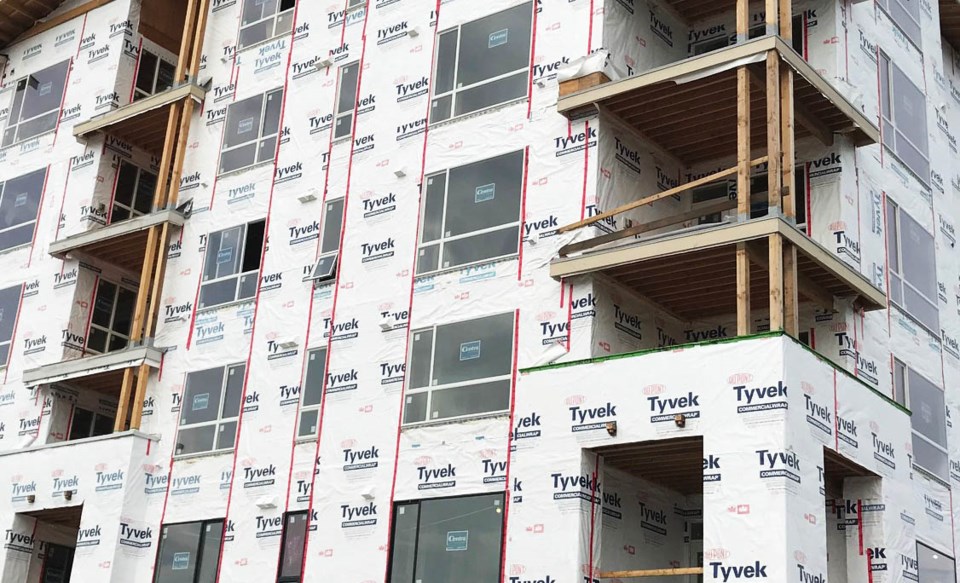Delta is already taking great steps with its Housing Action Plan.
That’s according to the two youngest members of Delta council following another recent warning from the province’s housing minister that the provincial government may intervene with legislation to override municipalities' that don’t approve affordable housing projects.
Housing Minister David Eby last week said there is huge pressure for B.C. to create more housing as migration from other parts of the country rises and rental vacancies continue to fall.
Both stating on several occasions during council debates that people of their generation are finding it too difficult to find housing to enable them to remain in their community, councillors Dylan Kruger and Alicia Guichon point to the work that’s been underway in Delta, including a comprehensive housing needs assessment, which helped formulate the now approved Housing Action Plan.
The new plan sets out eight strategies, each with short to long-term actions over the next five years.
“There is absolutely a housing crisis in Delta and across the Lower Mainland. Across the region, rental vacancy rates are at an all-time high and new buyers are being priced out of the market entirely. It’s clear that demand suppression tactics have failed. We don’t need more taxes. We need more housing,” said Kruger.
Noting his family experienced first-hand the challenges of getting into the housing market in Delta, Kruger said it’s frustrating to see people he grew up with being priced out of their own community due to lack of supply.
“We have a lot more work to do to address the historic lack of housing supply across the region. To start, we can pre-zone cities to match our Official Community Plans. By not updating outdated zoning, new housing is forced through a completely redundant second layer of bureaucratic processes, delaying and killing countless projects. Our cities have community plans for a reason. Let’s use them,” said Kruger.
Guichon agreed, saying the Delta plan will hopefully help more first-time home buyers, downsizers and renters, and that more purpose-built rentals should be built.
The housing needs assessment found that housing affordability challenges experienced by renters require more intervention than the challenges experienced by owners.
“I think one of my focuses will be to advocate for groups such as Delta Housing Be Mine Society locally, and understand there are a variety of community members that this housing crisis effects, harder than others and to include them in any projects that fit moving forward,” she added.
Guichon also wants the city to look at more creative housing in single-family areas and that a generational approach is something that many families may be interested in exploring.
A recently released UBCM report, Building BC: Housing Completions & Population Growth 2016-2021, concluded that more housing has been built in British Columbia over the past three years than in any three years in the past 20 years.
The study noted that the number of houses being completed in this province also closely matches population growth.
However, the report also noted that statistics show too much new housing construction is investor-driven and is contributing to high prices for anyone trying to get into the housing market.
Tackling affordability will require incentivizing the right supply including affordable rental housing and co-ops, the study recommended.




